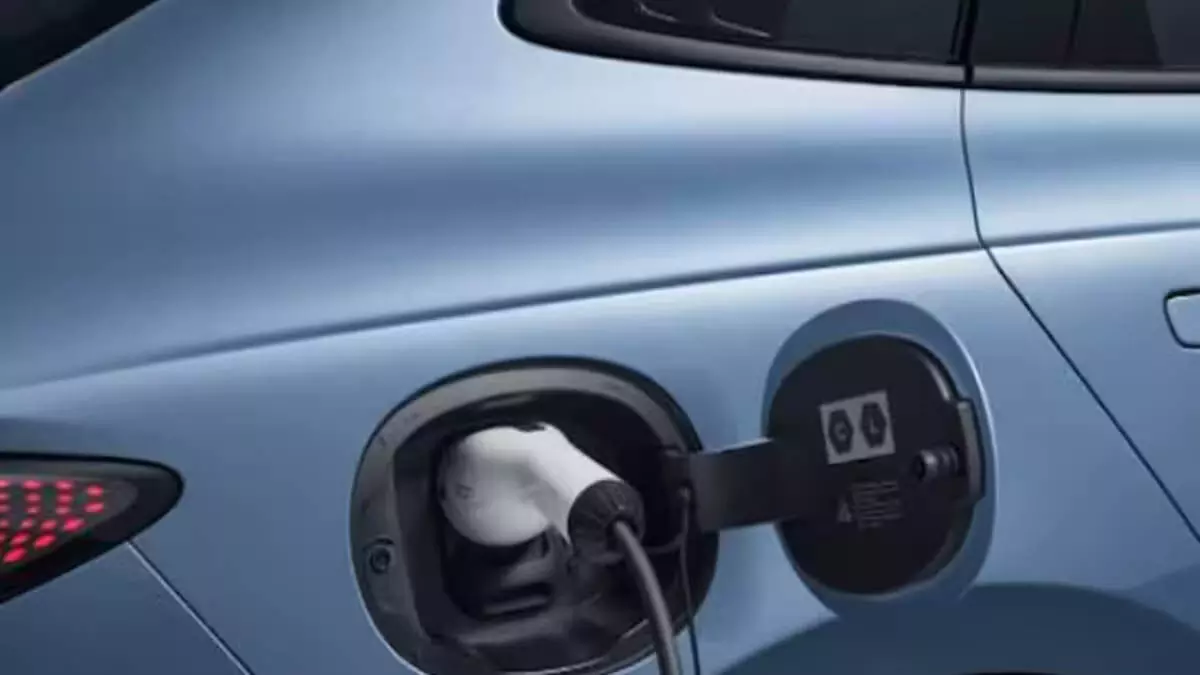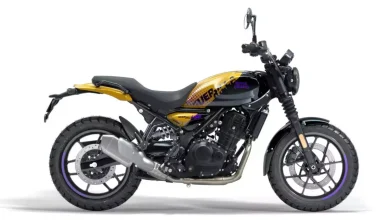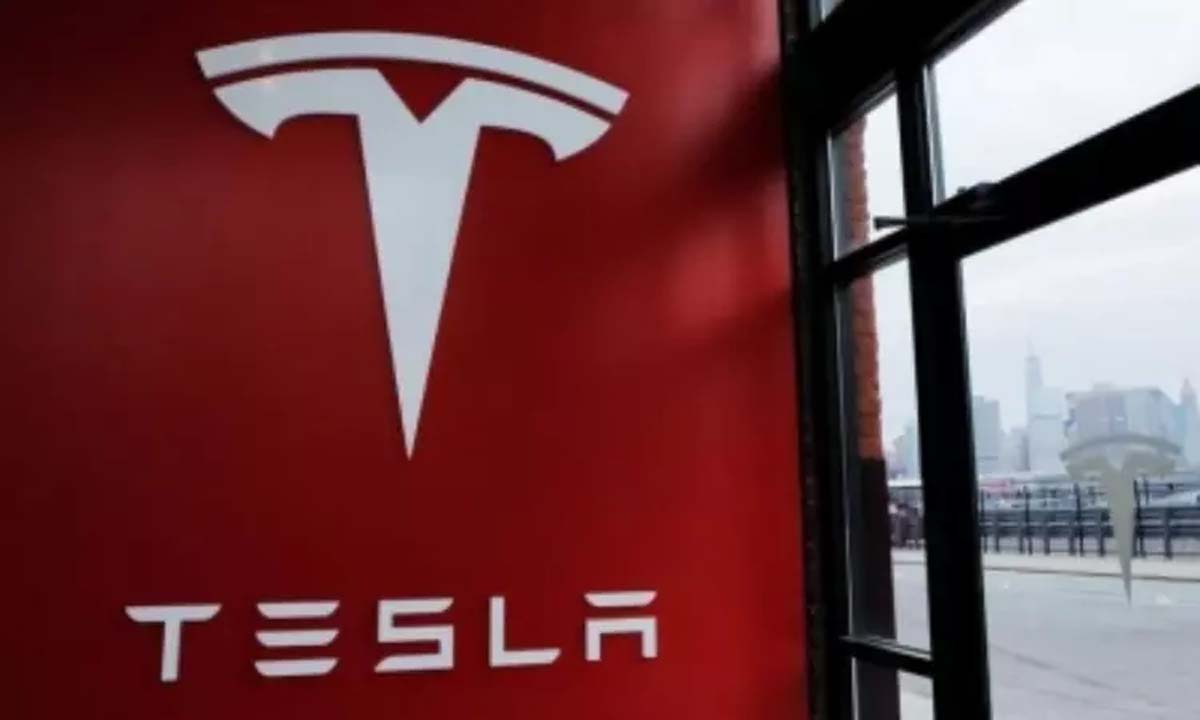
Business Business: The third phase of the Faster Adoption and Manufacturing of Hybrid and Electric Vehicles (FAME) scheme is nearing completion, though the exact timeline for its rollout is still unknown, reports Economic Times (ET). At a recent industry event, Union heavy industries minister HD Kumaraswamy shared that preparations for FAME III are almost finalised. The ministries have proposed recommendations to effectively implement the programme, the report said. In 2015, the ministry of heavy industries (MHI) launched the FAME initiative to promote the adoption of electric and hybrid vehicles across India. Objectives of Phase I Phase I, which ran till March 2019 with a budget of Rs 895 crore, focused on technological development, demand generation, pilot projects and charging infrastructure. About 280,000 hybrid vehicles received a total demand incentive amounting to about Rs 359 crore. The programme facilitated the deployment of 425 electric and hybrid buses across various cities, supported by a government subsidy of about Rs 280 crore.
According to an ET report,
The ministry also sanctioned about 520 charging stations with a budget of Rs 43 crore. Technological advancements were supported with projects worth about Rs 158 crore, including setting up of testing infrastructure and centres of excellence for advanced research in electrified transportation, battery engineering and others. Institutions such as Automotive Research Association of India (ARAI), IIT Madras, IIT Kanpur, Non-Ferrous Material Technology Development Centre (NFTDC) and Aligarh Muslim University (AMU) were among the beneficiaries. Expanding FAME to the second phase Based on the insights gained from the first phase and consultations with stakeholders, the government launched the second phase in April 2019 with a budgetary support of Rs 11,500 crore. This phase focuses on electrification of public and shared transport, with demand incentives offered for 7,262 e-buses, 1,55,536 e-3 wheelers, 30,461 e-4 wheeler passenger cars and 15,50,225 e-2 wheelers. Development of charging infrastructure is also a key component, the report said. By July 2024, EV manufacturers have submitted claims for 16,71,606 electric vehicles, with a subsidy amount of Rs 6,825 crore.
Additionally,
6,862 electric buses were approved for intra-city operations under FAME II, with 4,853 buses supplied by July 2024. Recently, Minister of State for Heavy Industries and Steel Bhupati Raju Srinivas Varma revealed in a written statement to the Rajya Sabha that the ministry has allocated Rs 800 crore as capital subsidy to three oil marketing companies (OMCs) under the Ministry of Petroleum and Natural Gas (MoPNG). The amount is earmarked for the construction of 7,432 public charging stations. Of this, Rs 560 crore has already been disbursed. In March 2024, an additional Rs 73.50 crore was sanctioned to OMCs for setting up or upgrading 980 public fast charging stations, of which Rs 51.45 crore has already been released.
















